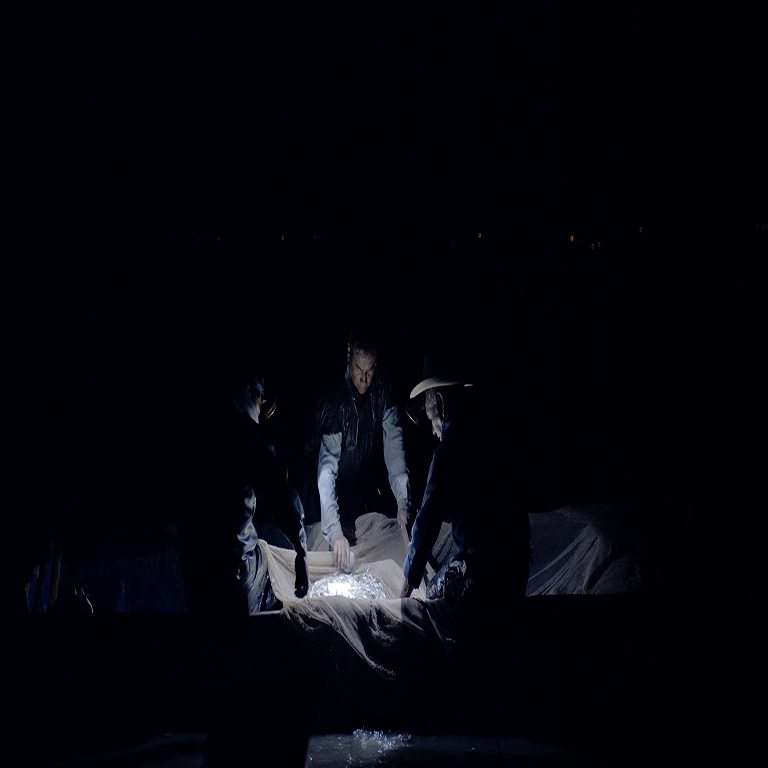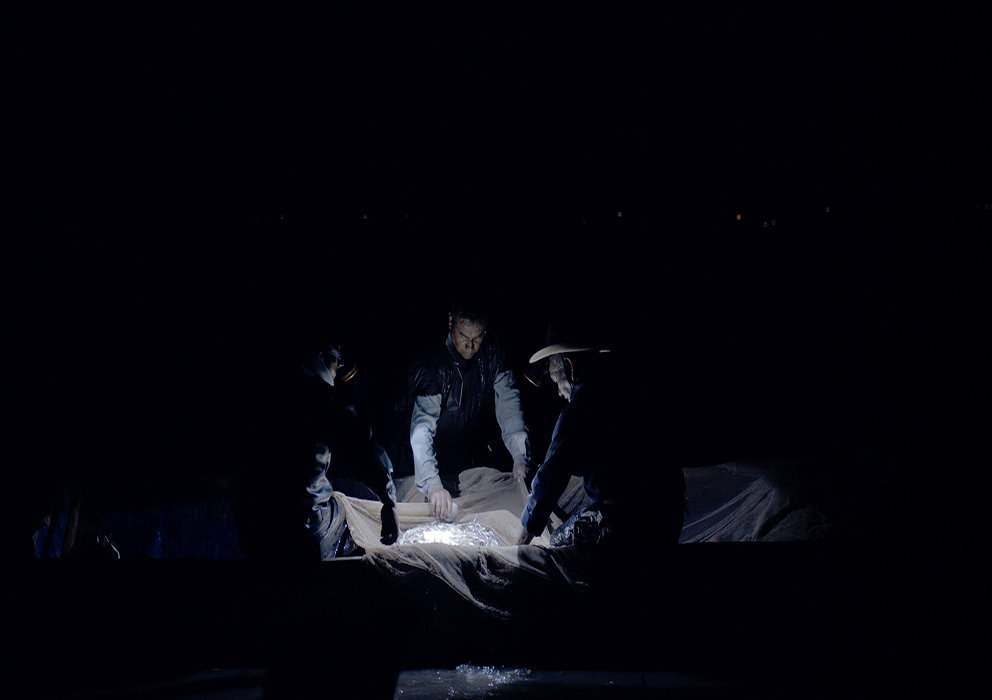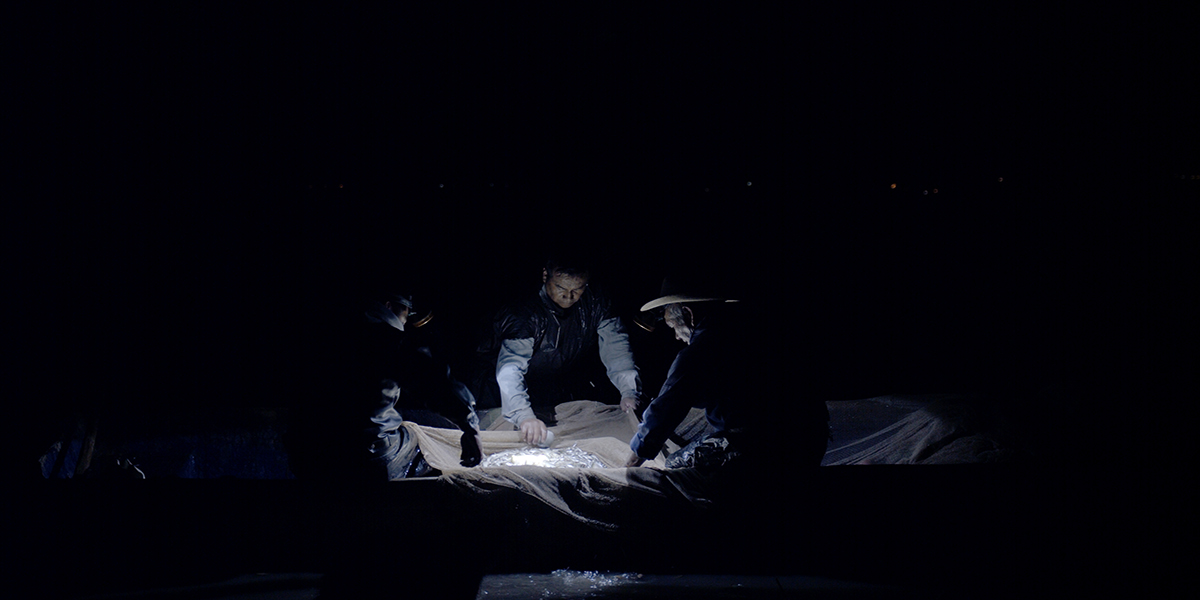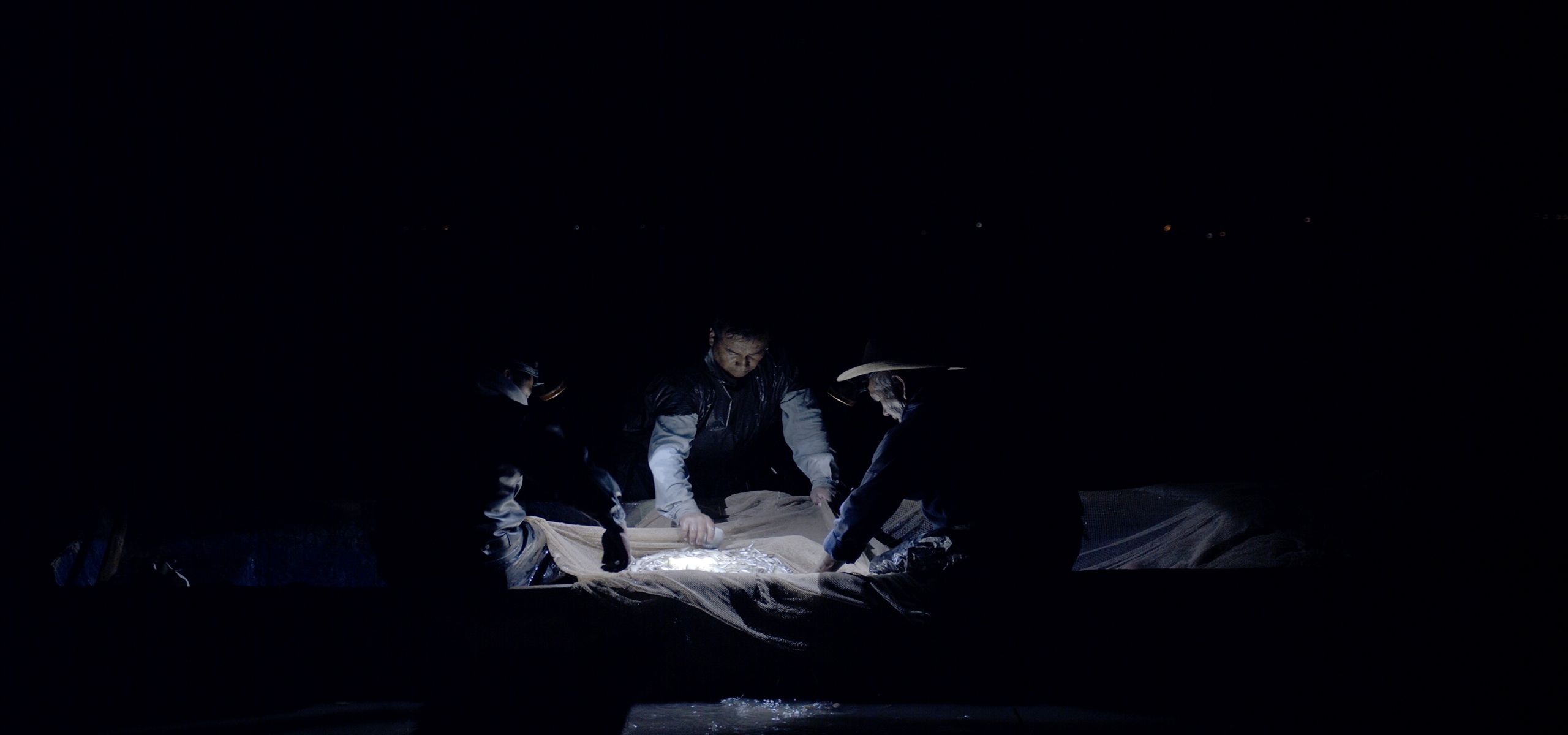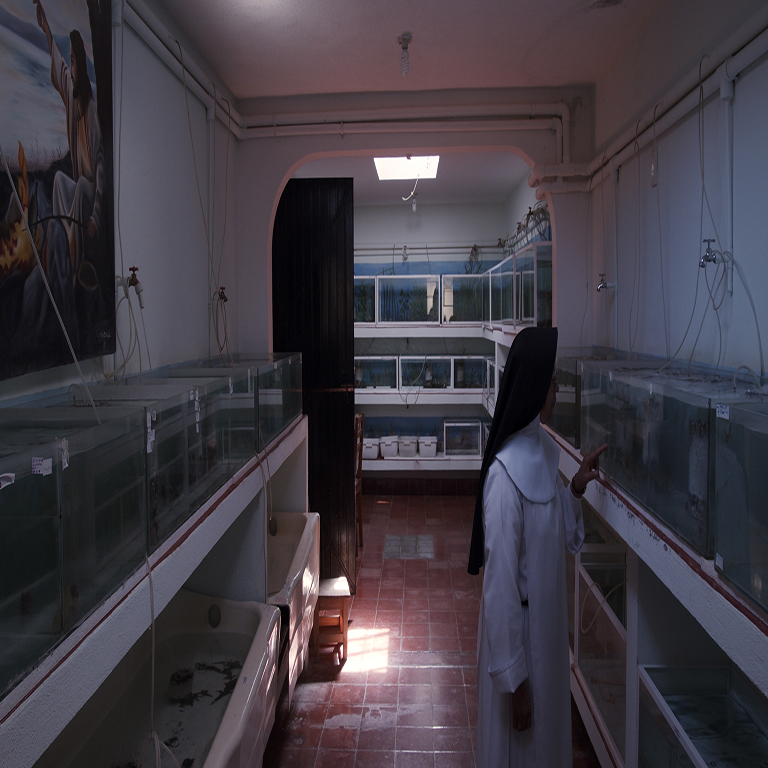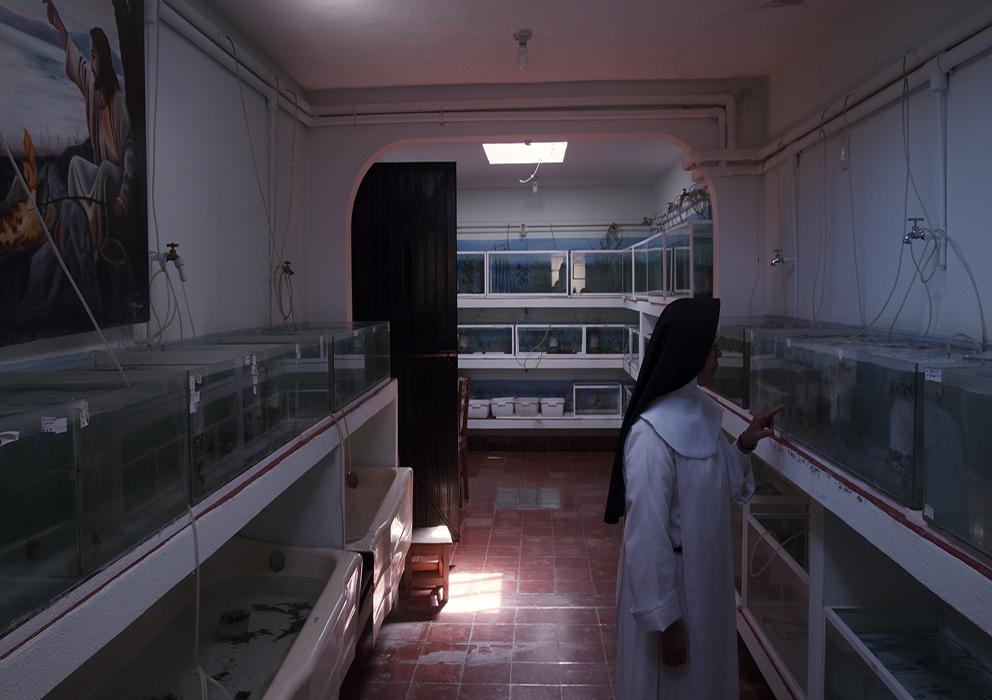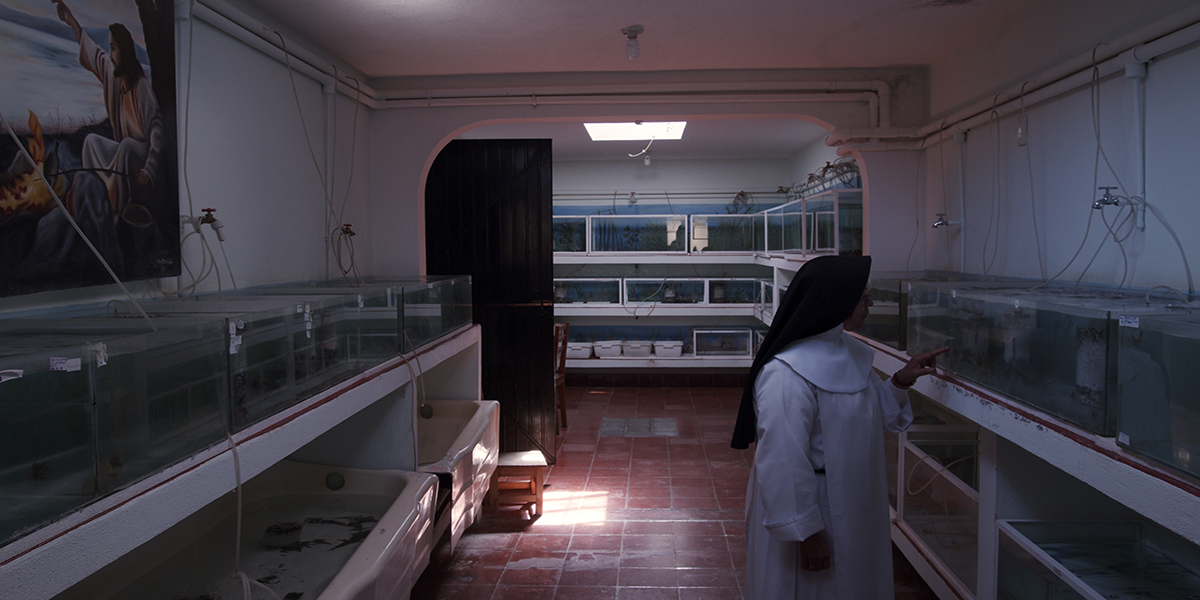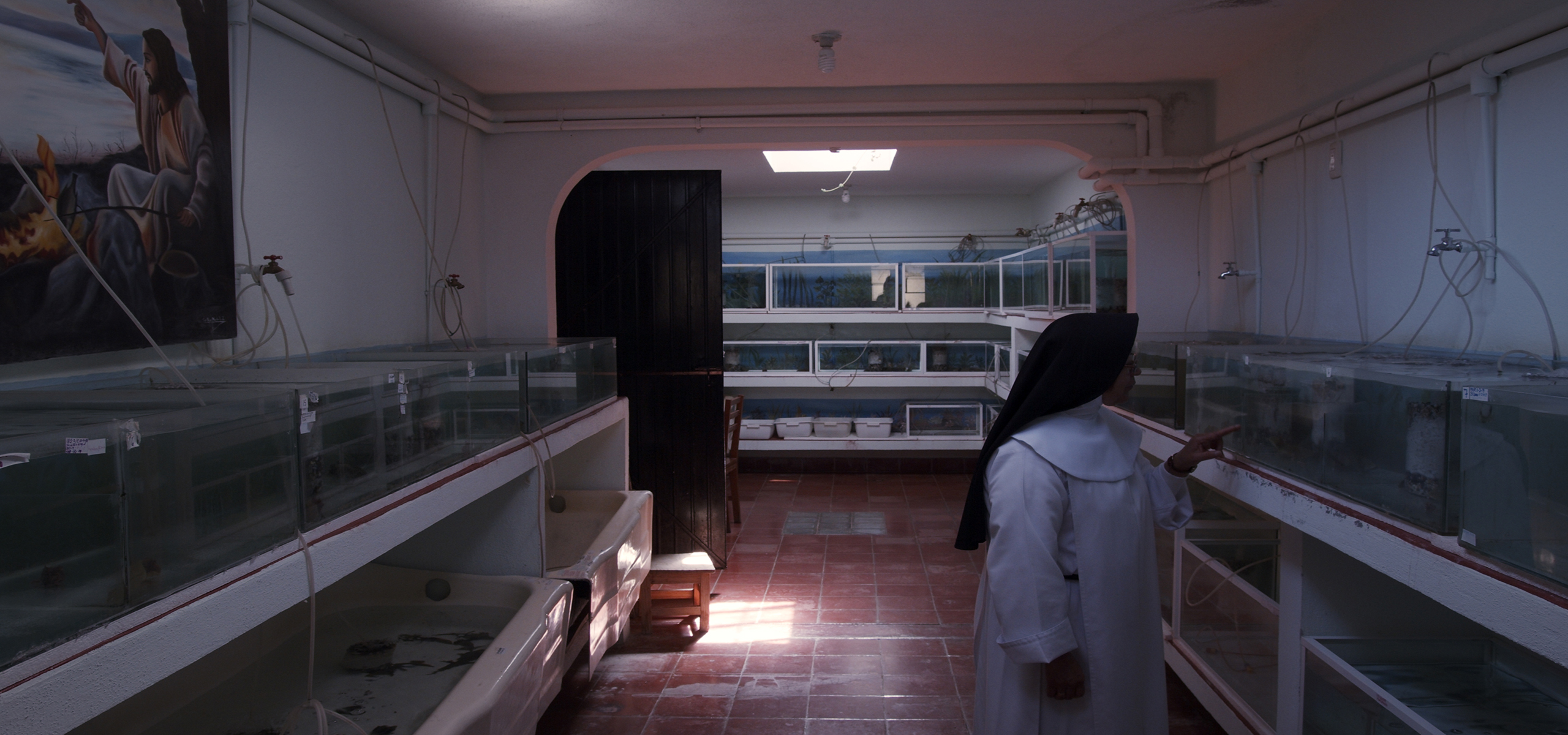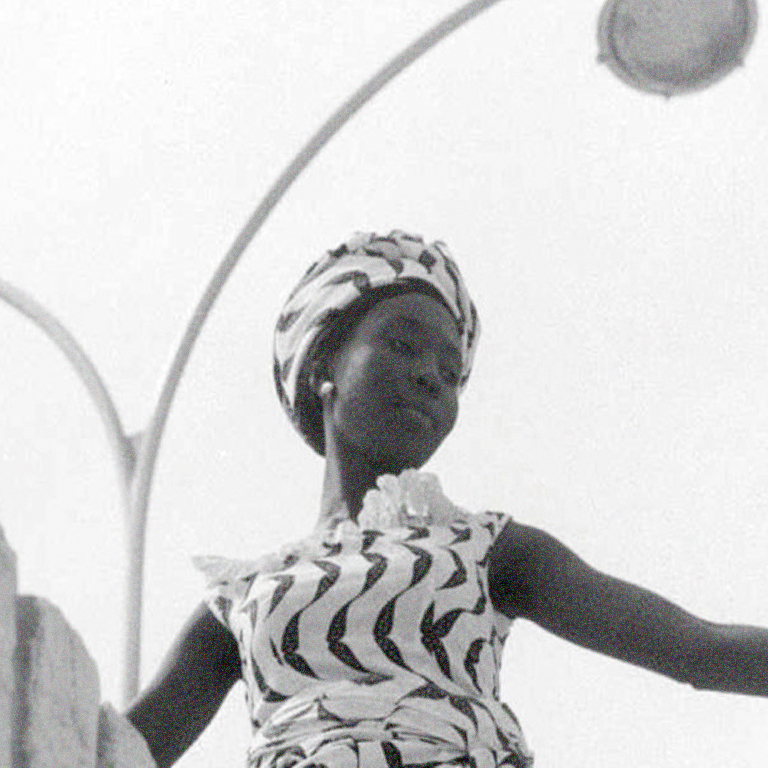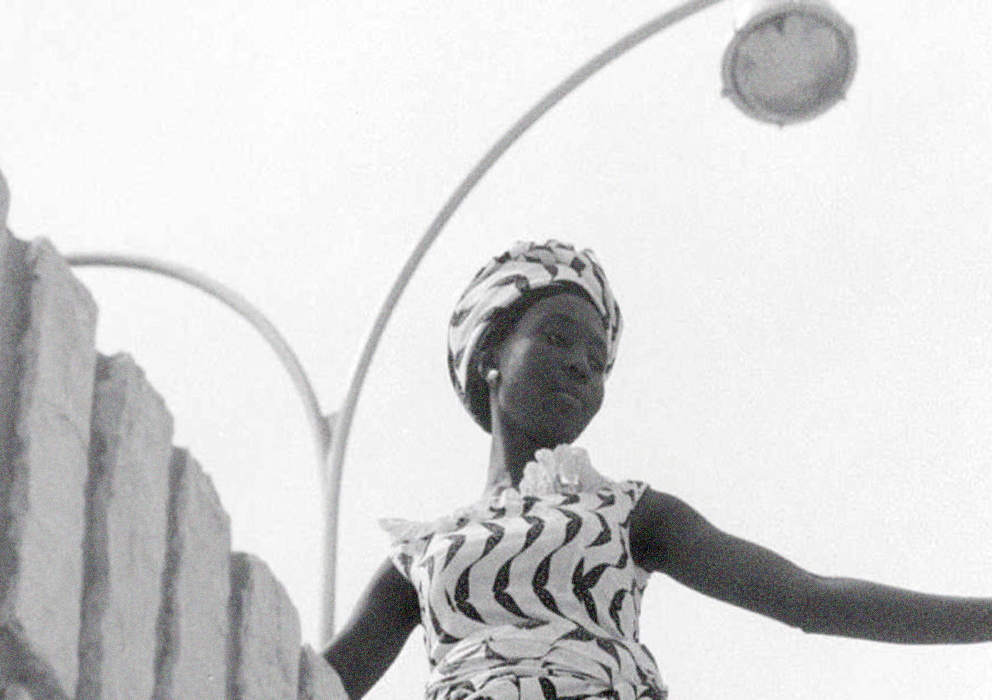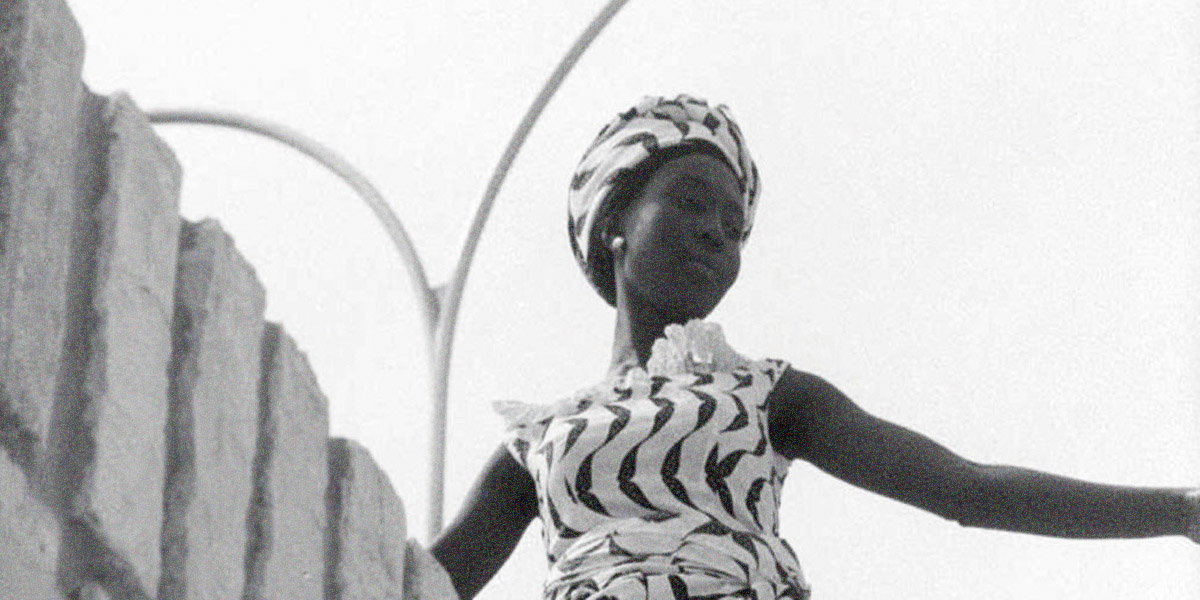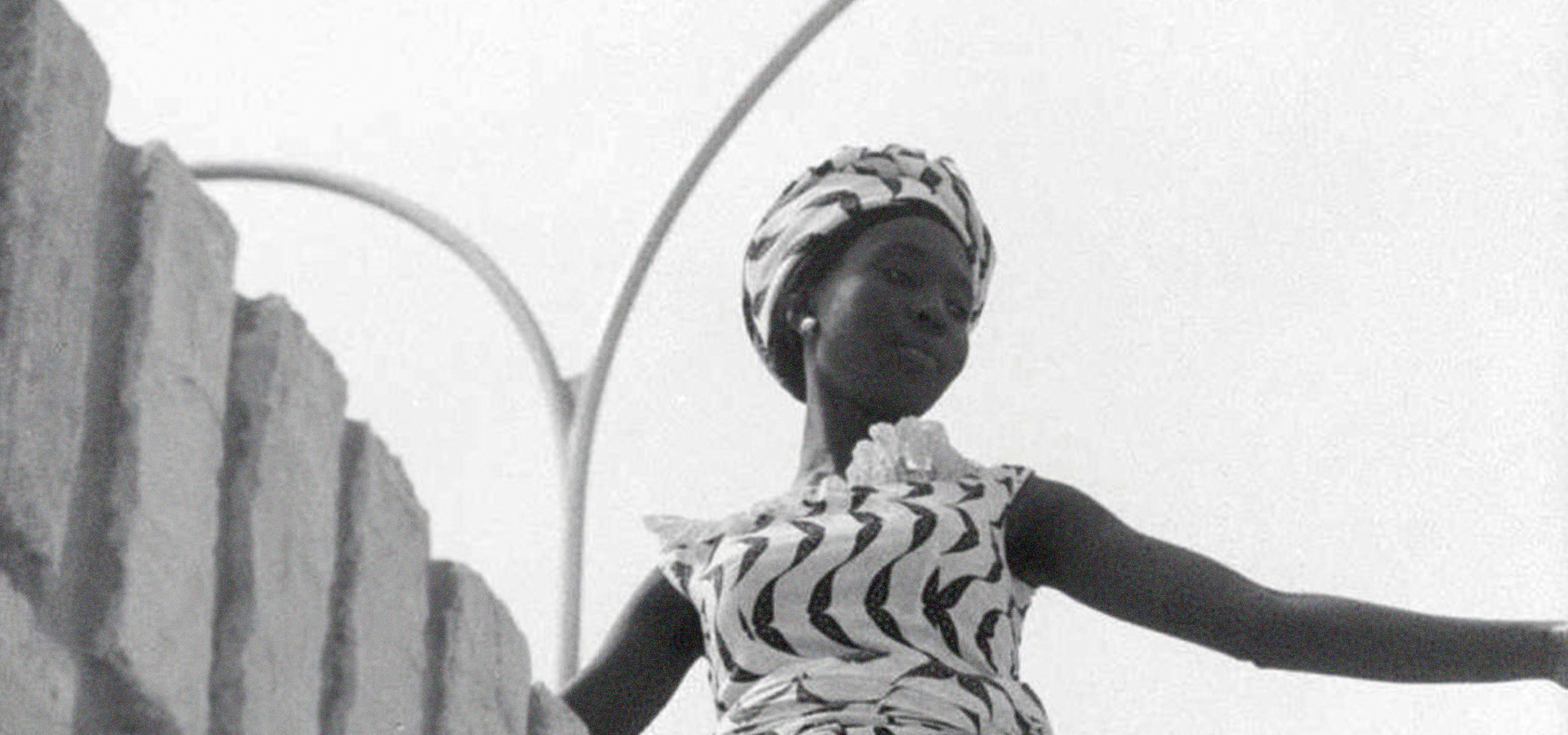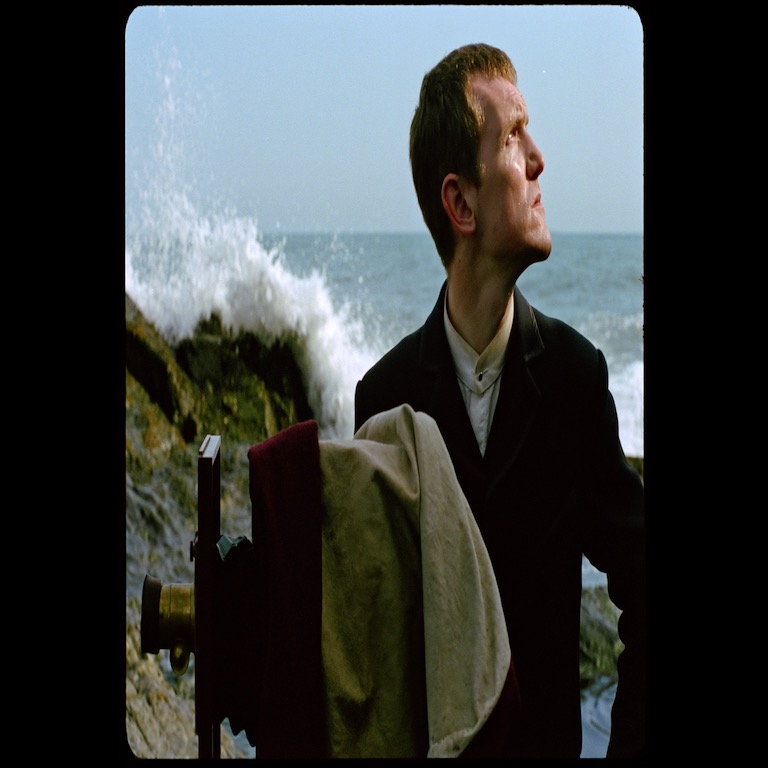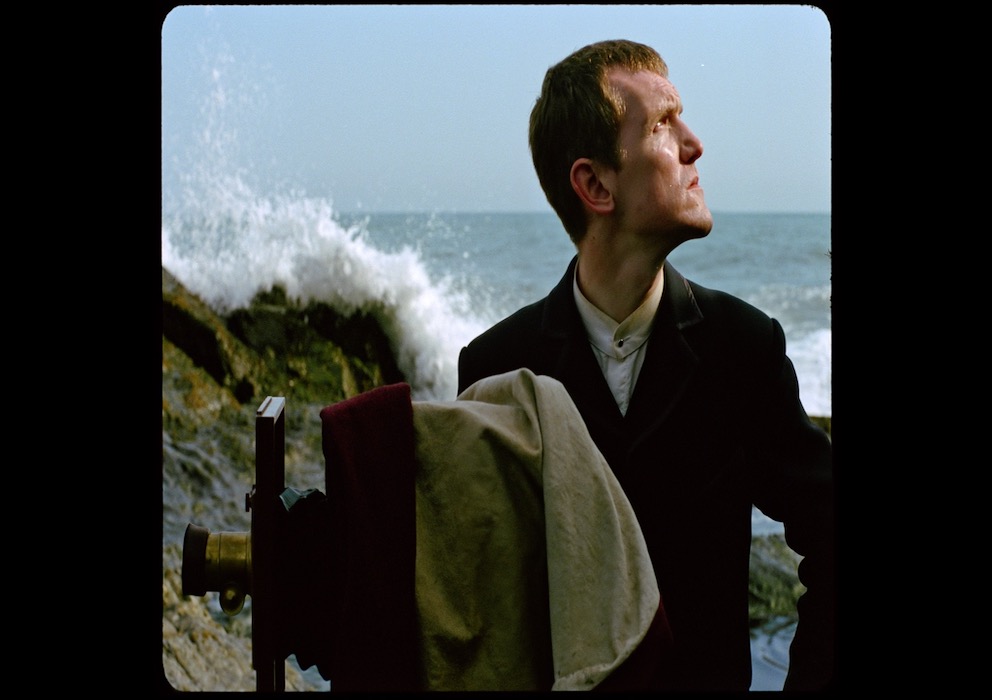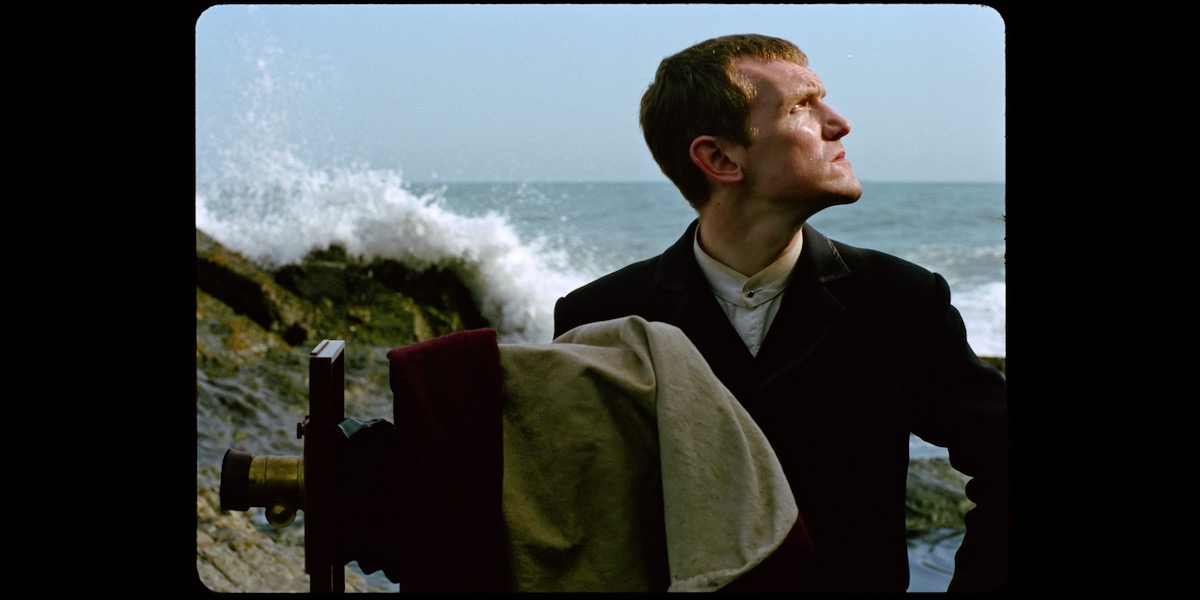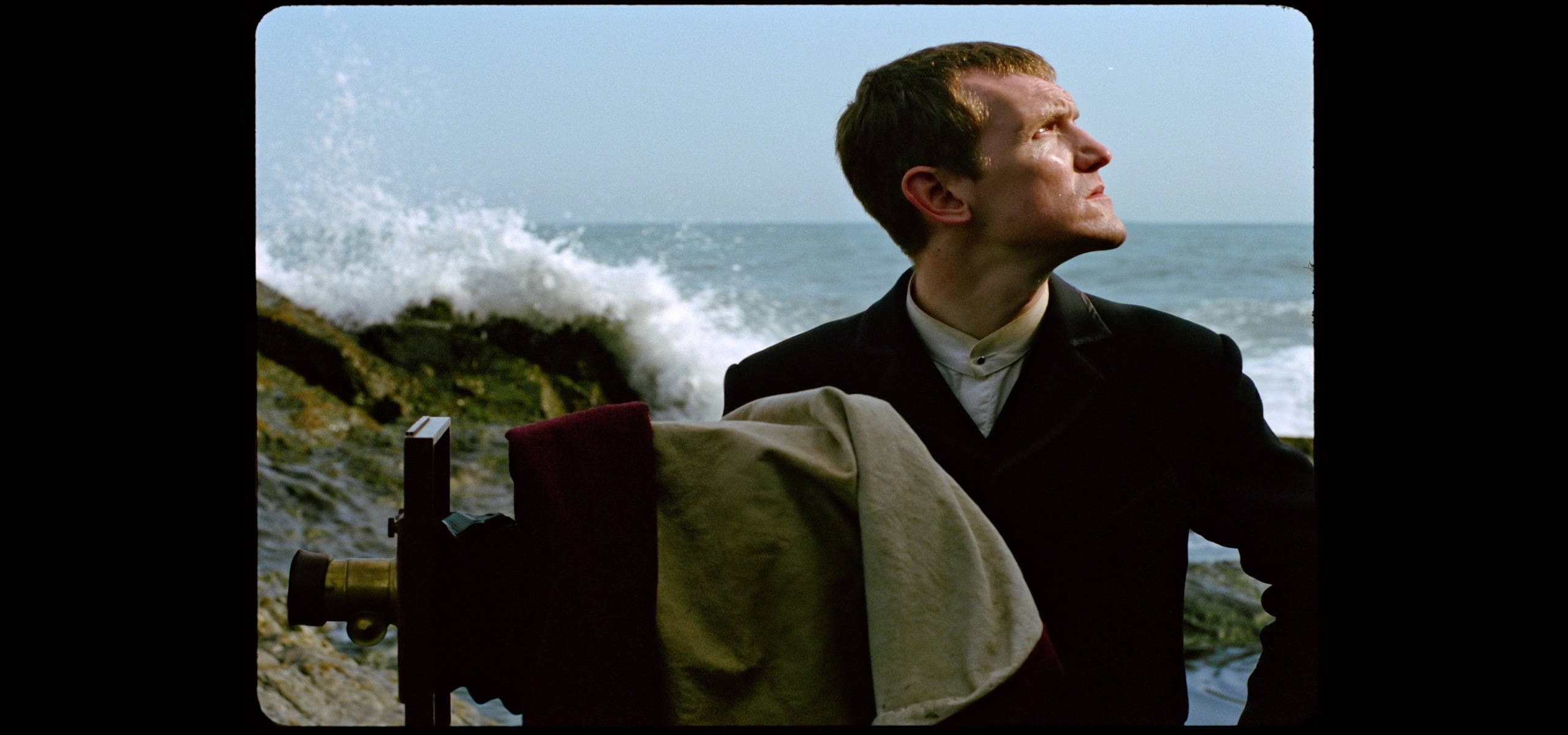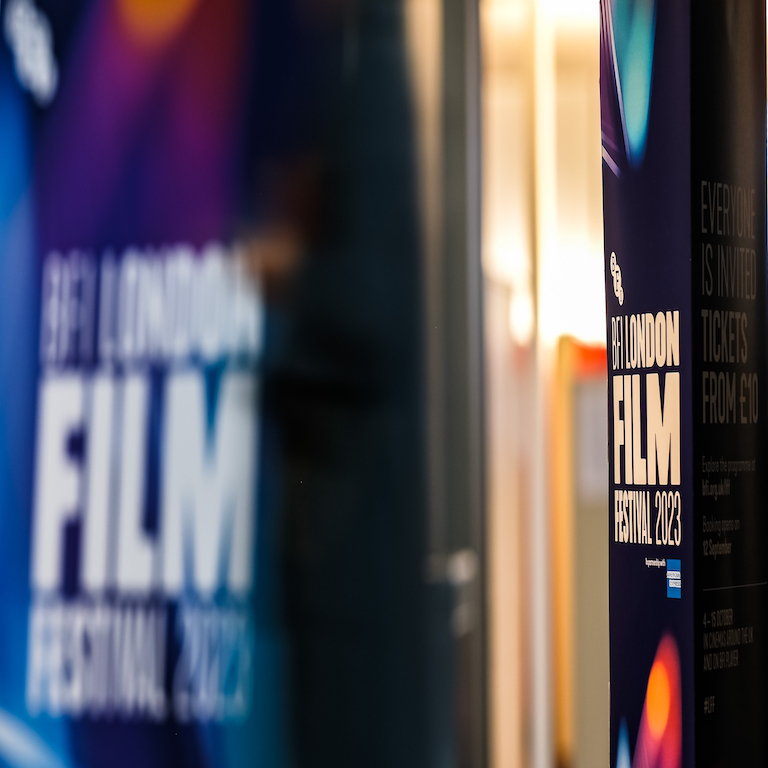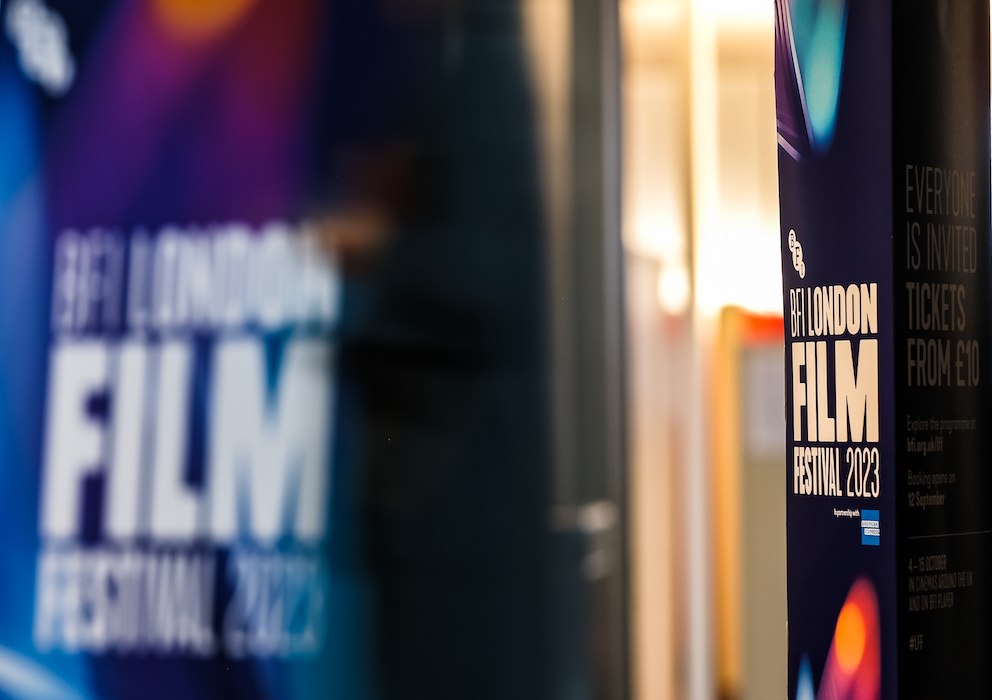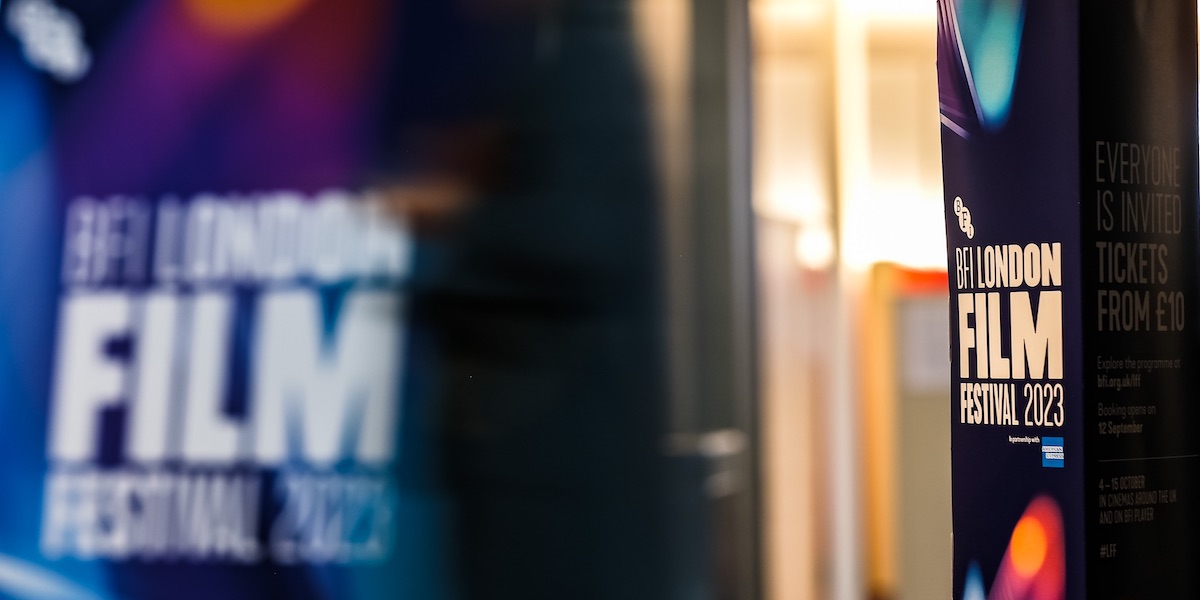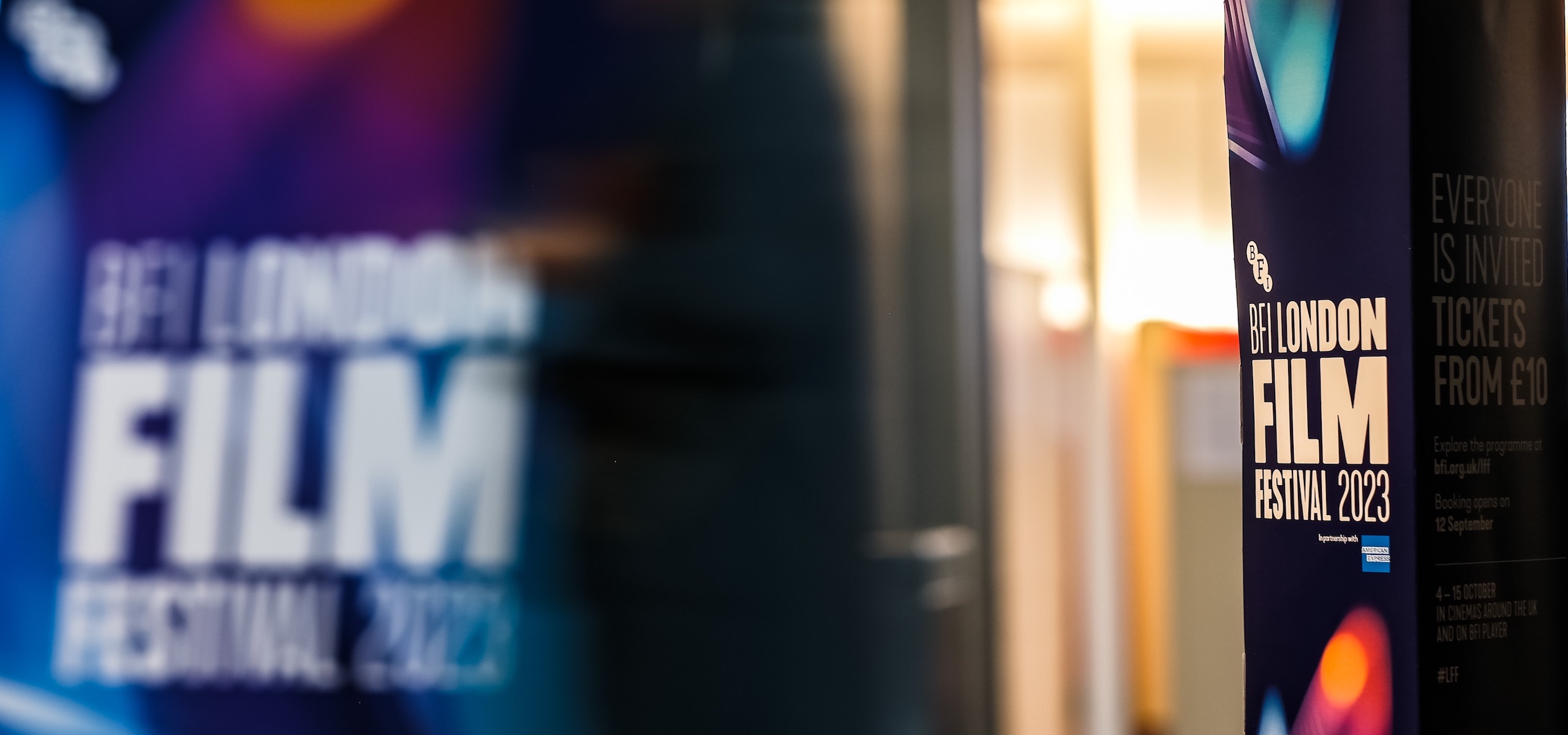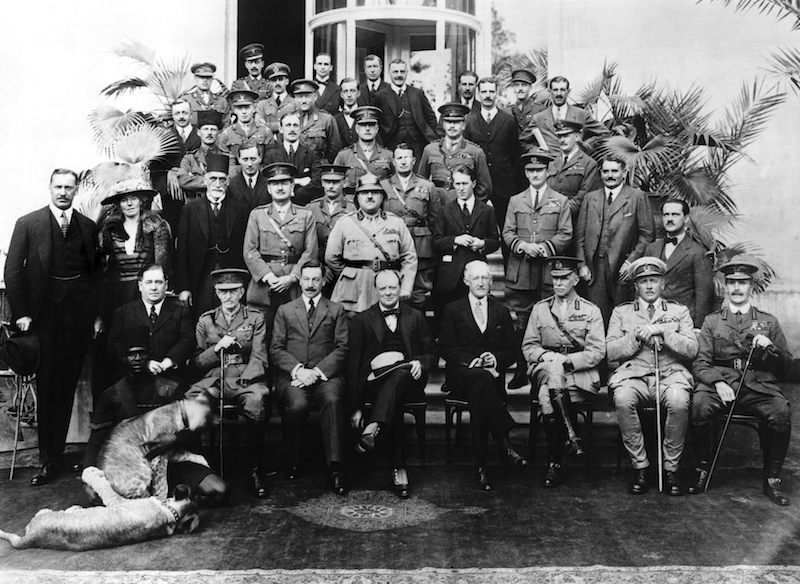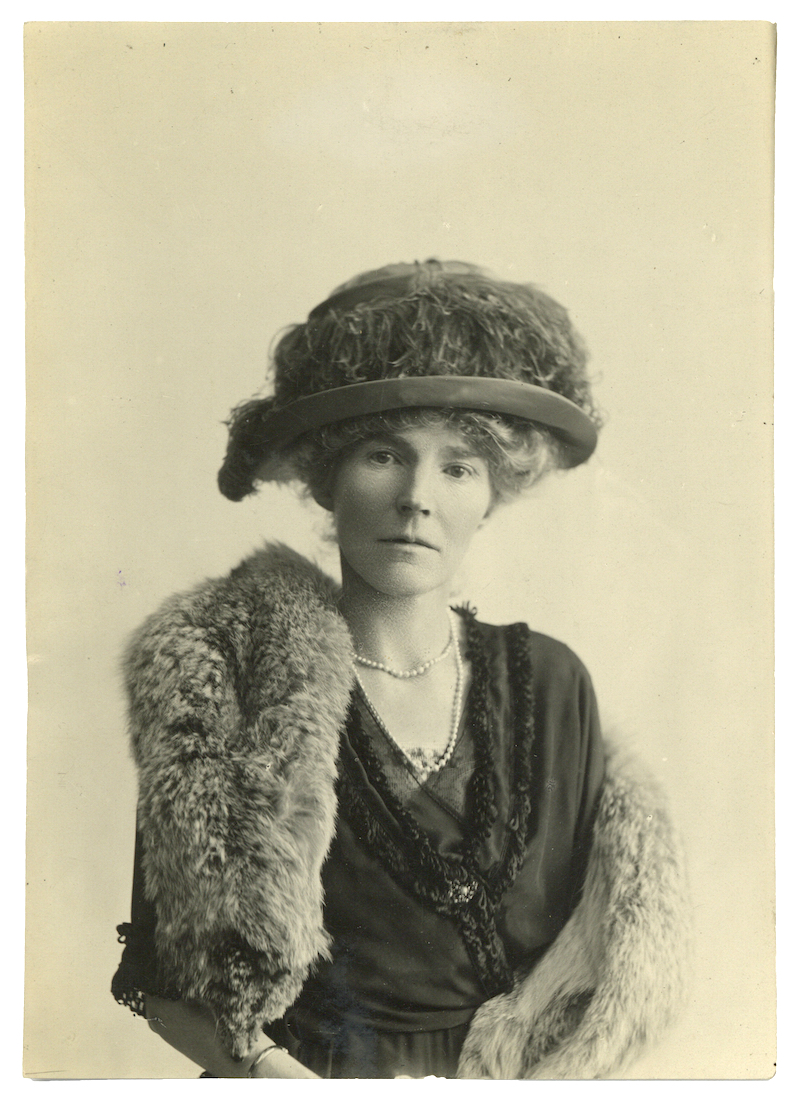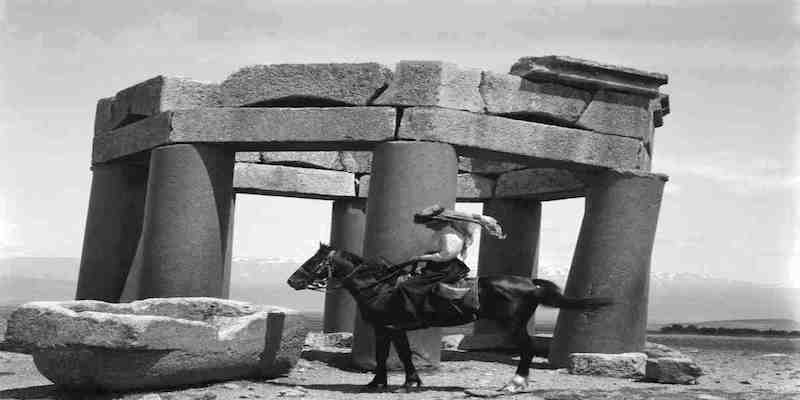
“She was a wonderful person, not very like a woman” confesses T.E. Lawrence about the pioneer diplomat, archaeologist and spy who also traveled to the Arabian desert extensively and played an important role in those tumultuous times in the history of the Middle East.
Combining archive footage, still photos, print material and reenactment of key political figures and personalities verbatim with an exquisite sound design, the film masterfully creates a stunning portrait of Gertrude Bell. Focusing primarily on extracts from her 1600 handwritten letters, memoirs and diaries the film tries to reconstruct the life of Gertrude Bell as recorded in her personal and official correspondence. From intimate and tender letters to her family members and her lovers, to sharp, dry, austere, sometimes abrupt notes to politicians and her peers, a wealth of emotions, thoughts and views is revealed.
Tilda Swindon’s narration is transcendental. Not only does she keep our interest switched on all the time as if we were the longing recipient of Gertrude Bell’s letters, but also she successfully revives the diplomat, the woman, the daughter, the friend, the intelligence officer in all her contradictions, flaws, imperfections and strengths. At the same time, the voice over in conjunction with the overwhelming visuals succeeds in skillfully reconstructing all the awe, appeal and fascination with the cosmopolitan Tehran, Istanbul and the myth of the “magical Middle East” of the 19th century.
